Today, the biggest news comes from the Russian Federation.
Russian oil revenue is collapsing faster than expected, with over a third evaporating as global energy prices drop and sanctions tighten. In response, the Kremlin has turned to offshore crypto schemes in a last-ditch effort to stay financially afloat, an unusual and revealing sign of just how unstable its financial position has become.

Russia’s oil revenues just dropped nearly 30 percent in June compared to the same month last year, bringing in just under 5.4 billion dollars, with total oil and gas revenue falling by a third. This sharp decline stems from falling oil prices, Russia’s shrinking market share, and decreasing exports as shadow fleet routes face growing interference.

These figures are not just technical; they expose the collapse of a revenue stream that once funded nearly half the Russian national budget. As a resource-exporting economy, or petrostate, Russia has long relied on oil and gas exports to support everything from social payments to military procurement. In wartime conditions, with sanctions increasing and operating costs surging, the Russian federal budget cannot absorb these losses for long.


The annual deficit is now estimated to be over 2.5 percent of Russian GDP, roughly translating to 45 billion dollars. To close the gap, Moscow is burning through reserves and raising domestic borrowing, but cannot sustain these efforts for long. Unless replacement income is found, Russia’s ability to sustain high-intensity operations in Ukraine while also running the country will start to break down.


To compensate, Russian authorities have launched a cryptocurrency project aimed at generating income and skirting sanctions. The A7A5 cryptocurrency, created in Kyrgyzstan, is reportedly backed by Promsvyazbank, Russia’s main defense-linked bank, and Ilan Shor, a fugitive oligarch known for Moldova’s billion-dollar fraud. The system generates income by selling tokens, charging transaction fees, and incentivizing activity to attract users. It mimics a functioning payment network, allowing the Kremlin to extract value from users or controlled intermediaries.


Separately, it helps circumvent sanctions by hiding who is sending and receiving money. Crypto wallets don’t require verified identities, and payments can be routed through anonymous channels outside the SWIFT international banking system. This provides Russian entities with a way to acquire restricted goods or pay foreign actors while avoiding Western surveillance and sanctions.


Although over 9 billion dollars in transactions has been reported already, most of this volume is likely artificially inflated, by moving funds between accounts run by the same person to simulate real usage, creating the illusion of popularity and large-scale use.

Even if the platform works, it falls far short of what Russia needs. A single cryptocurrency cannot replace tens of billions of dollars in lost oil and gas revenue this year, nor can it match the reliability of formal trade routes. To make a real dent in its deficit, Russia would need significantly higher usage and trade partners willing to accept this currency at scale, all while avoiding legal consequences from Western regulators that will now scrutinize any suspicious crypto transactions. With no clear entrance into stable markets and nothing backing it to maintain value, the project remains marginal in terms of economic returns and politically radioactive due to the threat of being targeted by secondary Western sanctions.

Unless Russia either expands this cryptocurrency drastically or builds multiple parallel networks to launder and move money, catering to underworld organizations, it will remain a fringe tool, not a lifeline. This would essentially make Russia act as a banker for arms traffickers, criminal syndicates, and terrorist networks that are already accustomed to moving money through untraceable systems.

That may keep the flow alive in the short term, but it also places Russia deeper into pariah status with its allies on the geopolitical stage.

Overall, Russia’s turn to cryptocurrency reflects improvisation and desperation, not strategy. The budget hole left by collapsing oil revenue is too large for a crypto scheme to fill, and while creative, it is built more for evasion than resilience. Unless Moscow finds a real alternative to its former energy income, the strain will spread, not just on the battlefield in Ukraine, but across the entire Russian war economy. What we are witnessing is not a new financial model, but a state trying to keep the lights on with tools made for evasion and black market trade, not endurance.



.jpg)


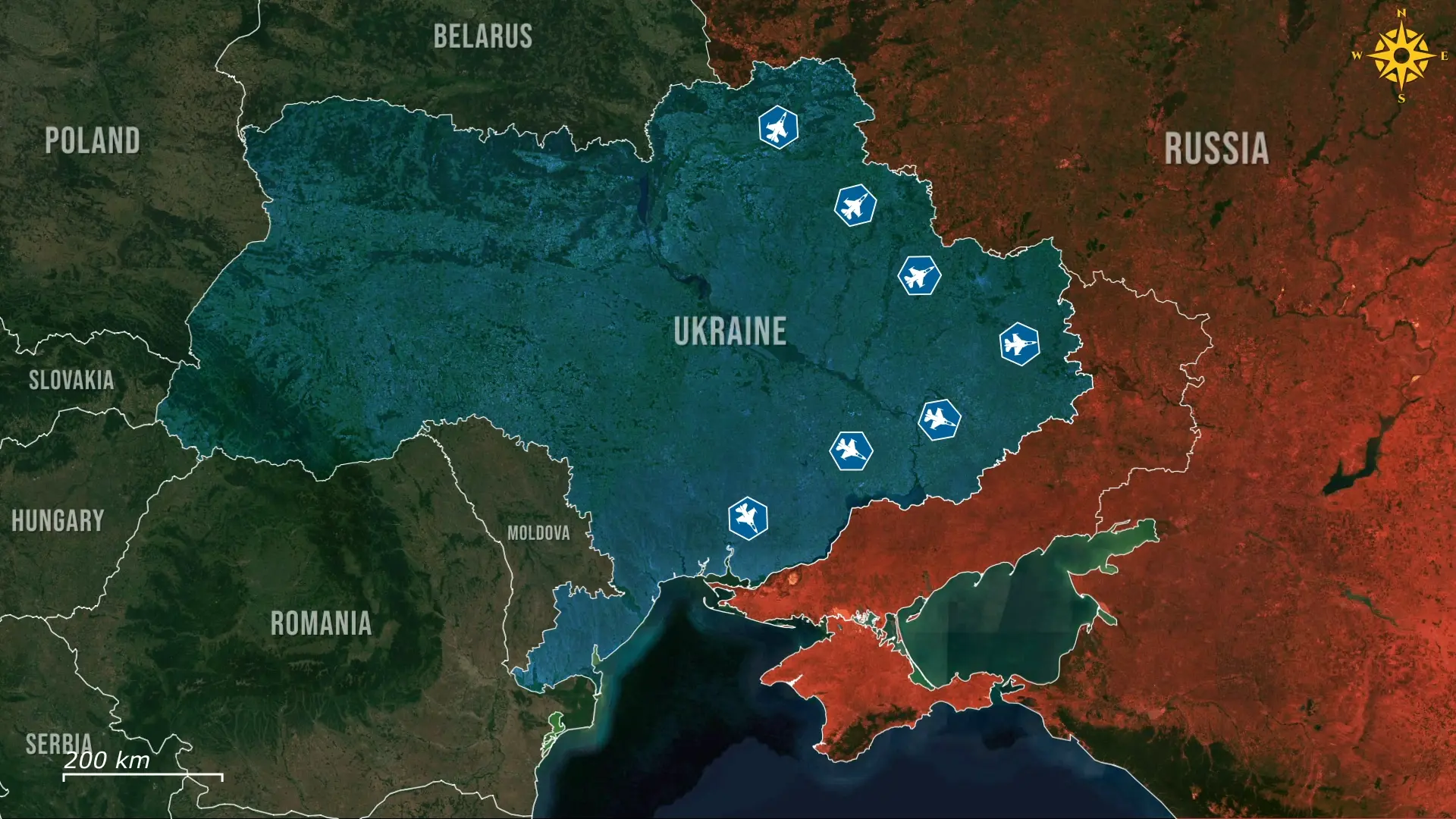
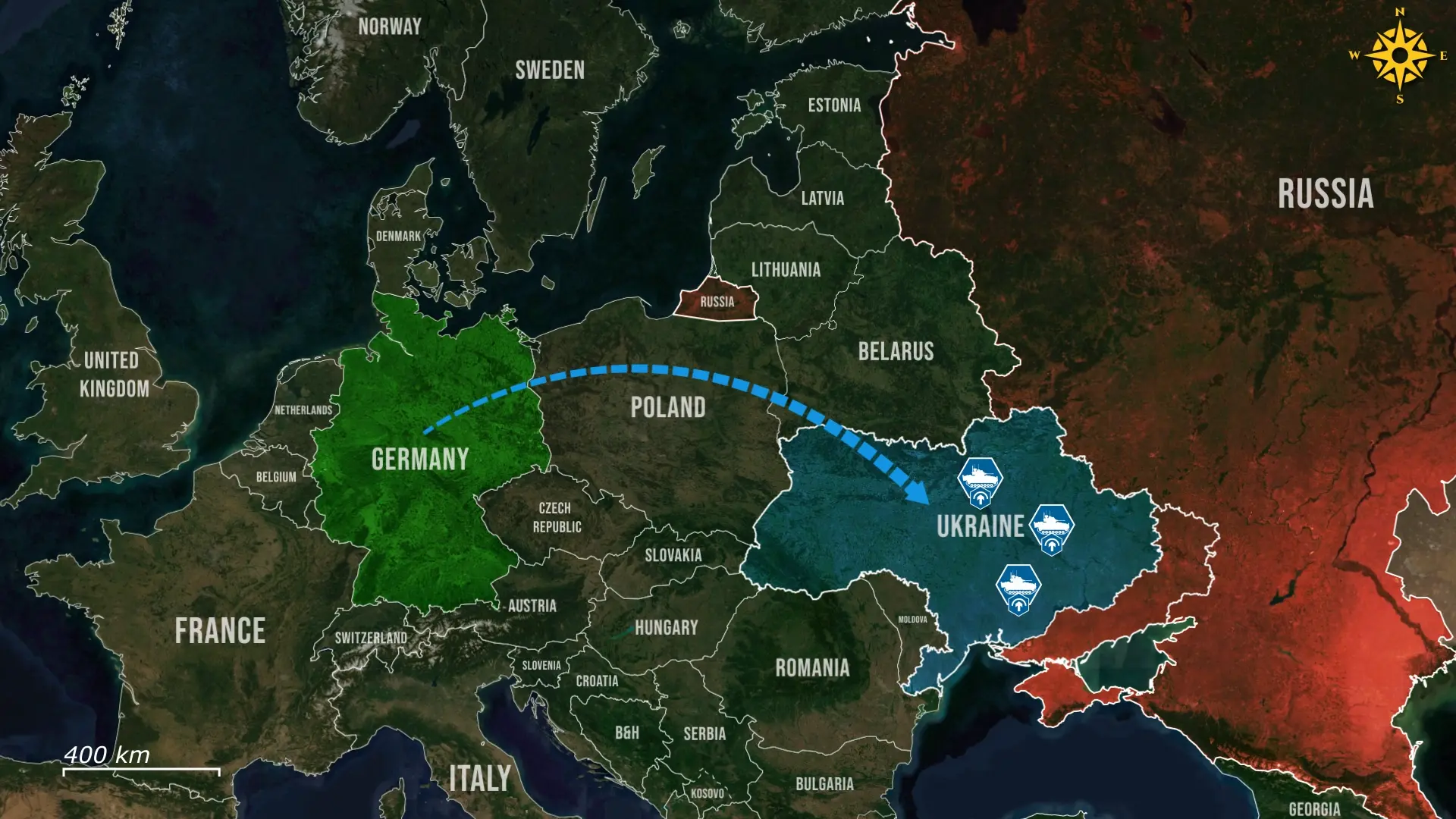
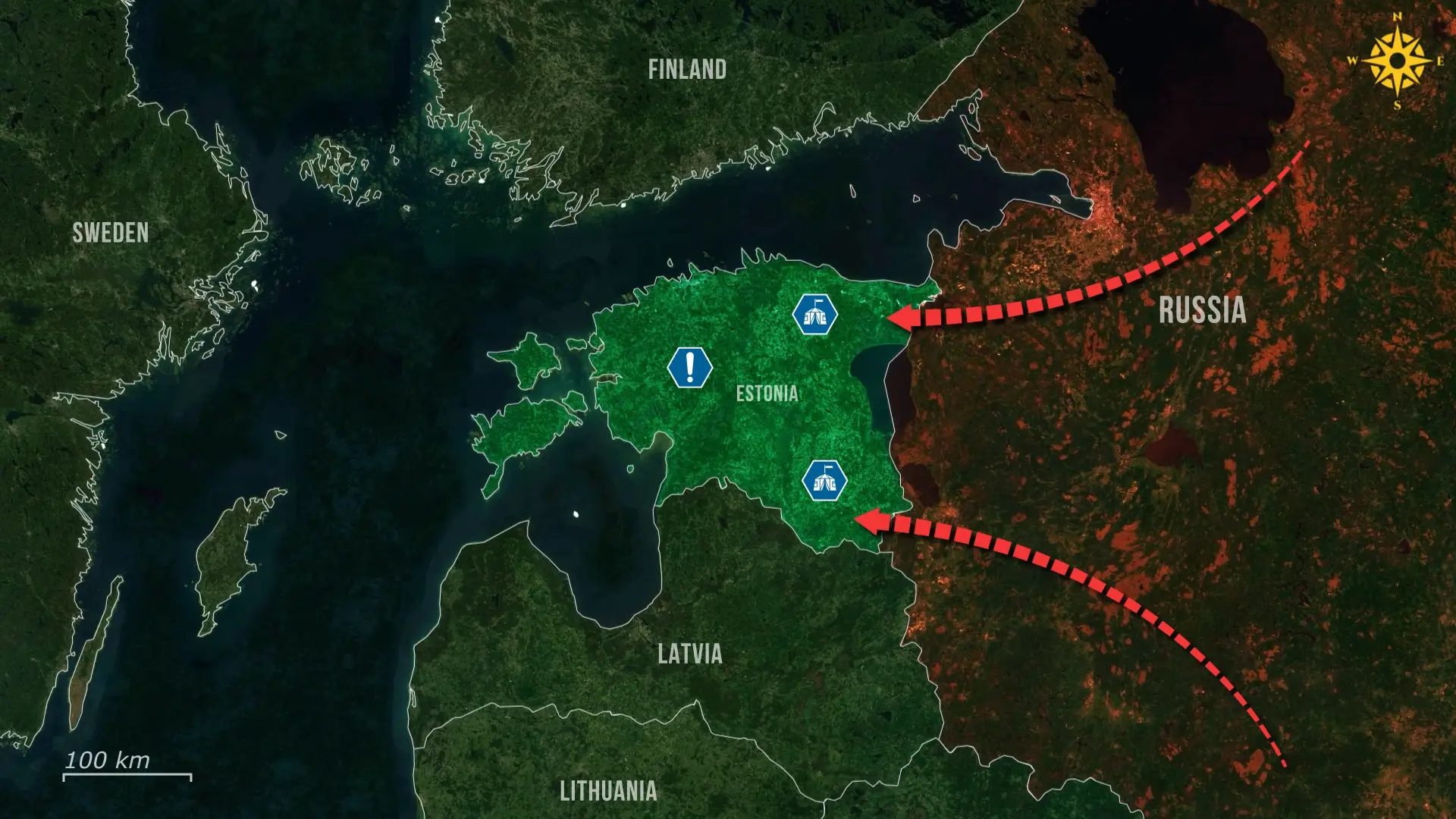
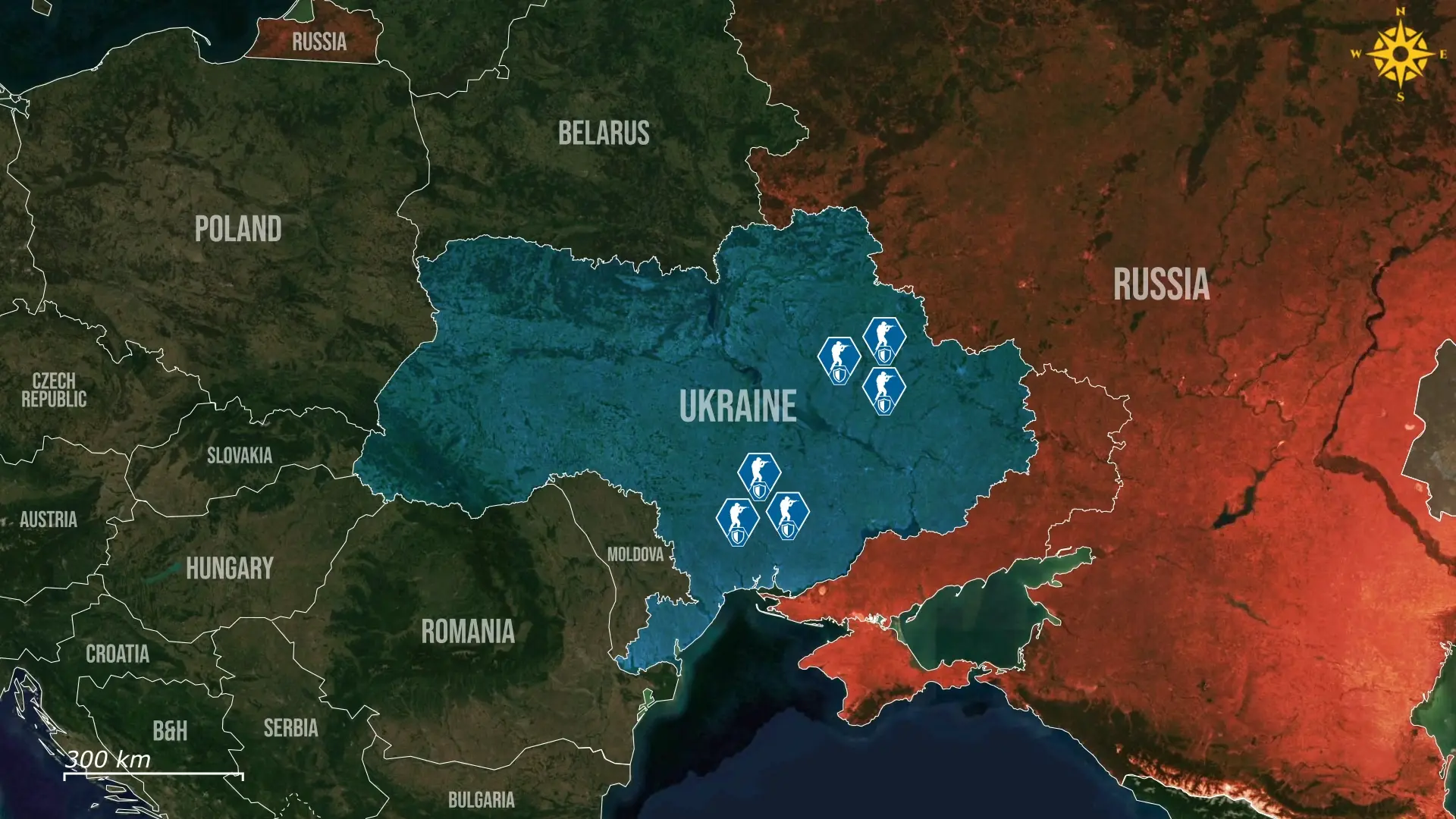
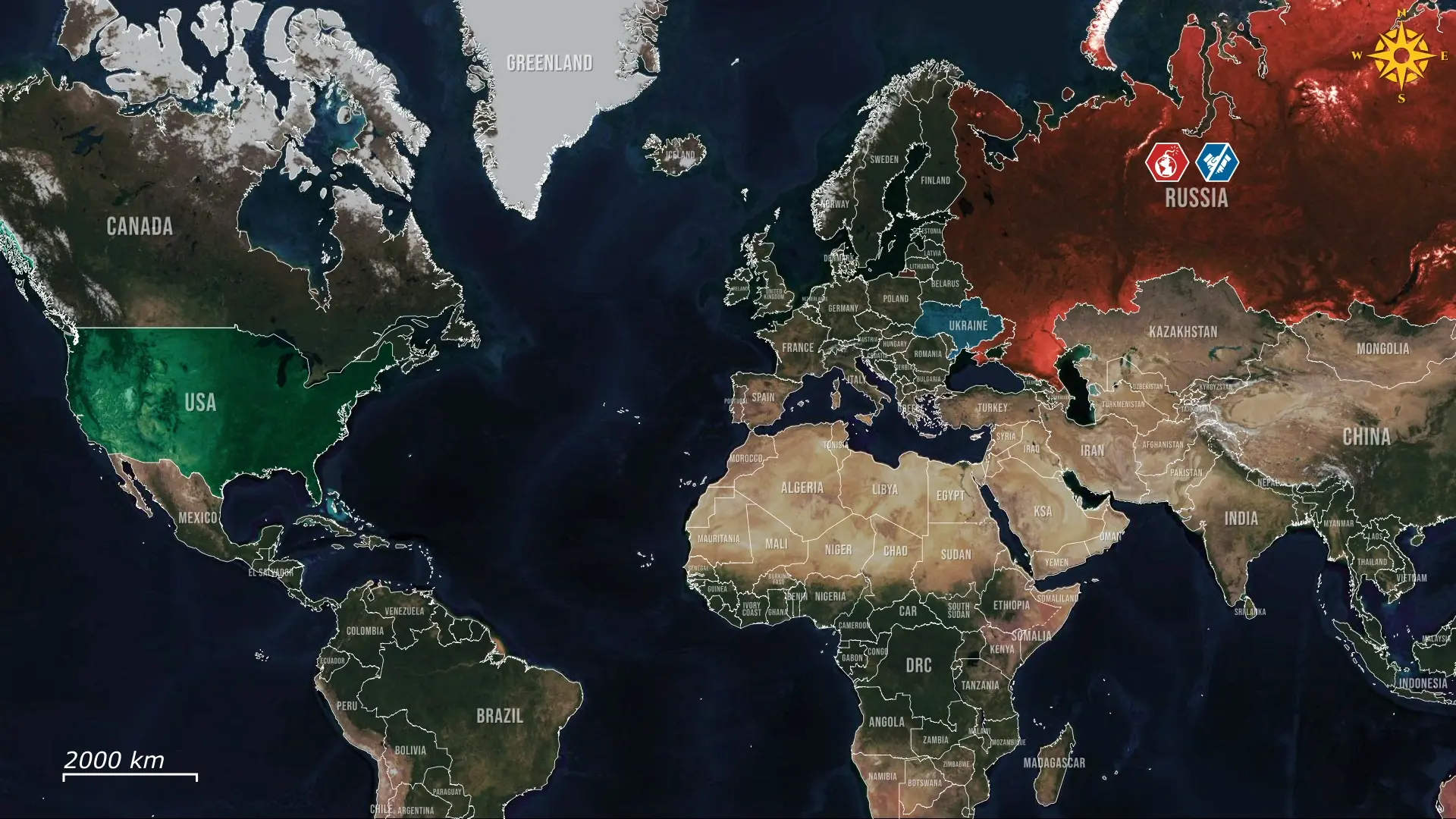

Comments